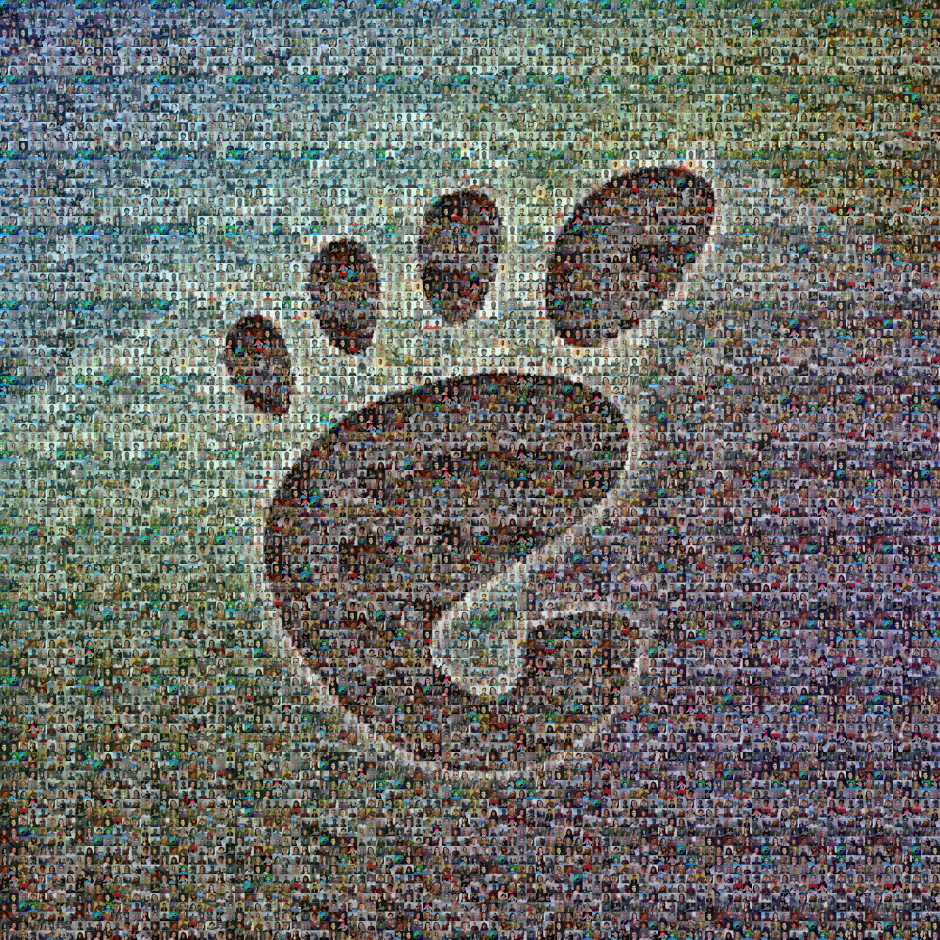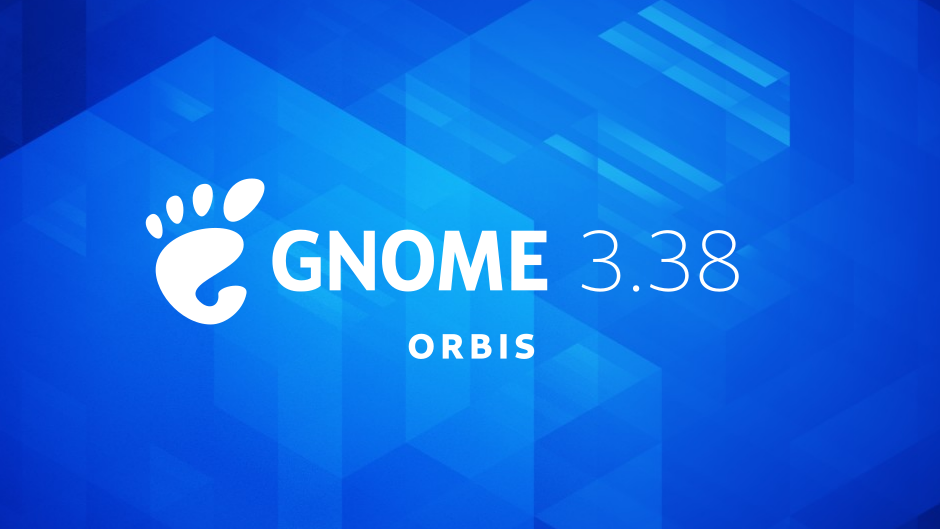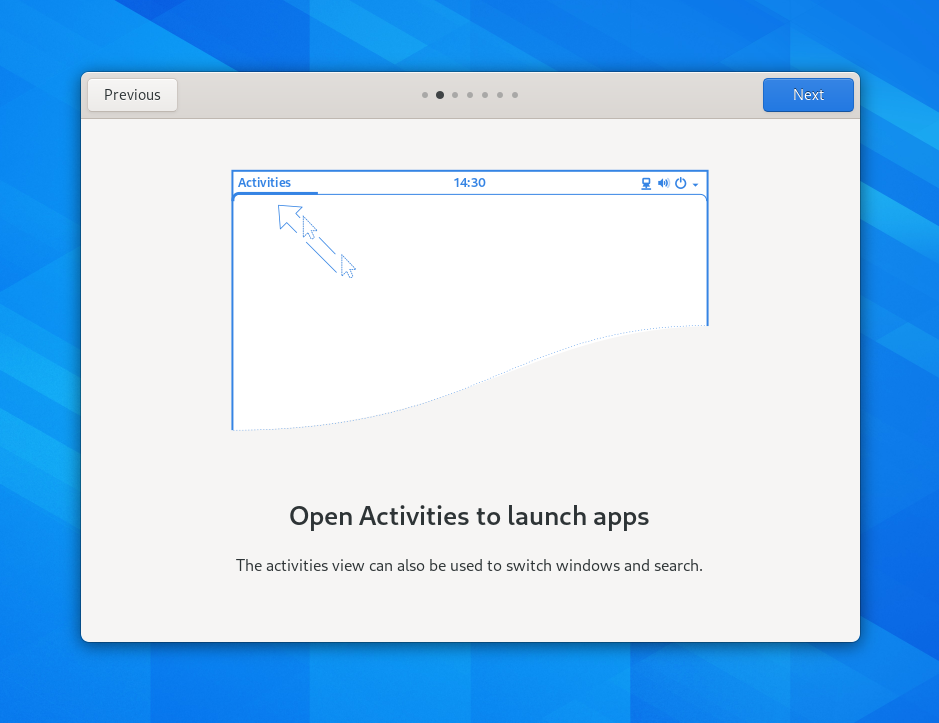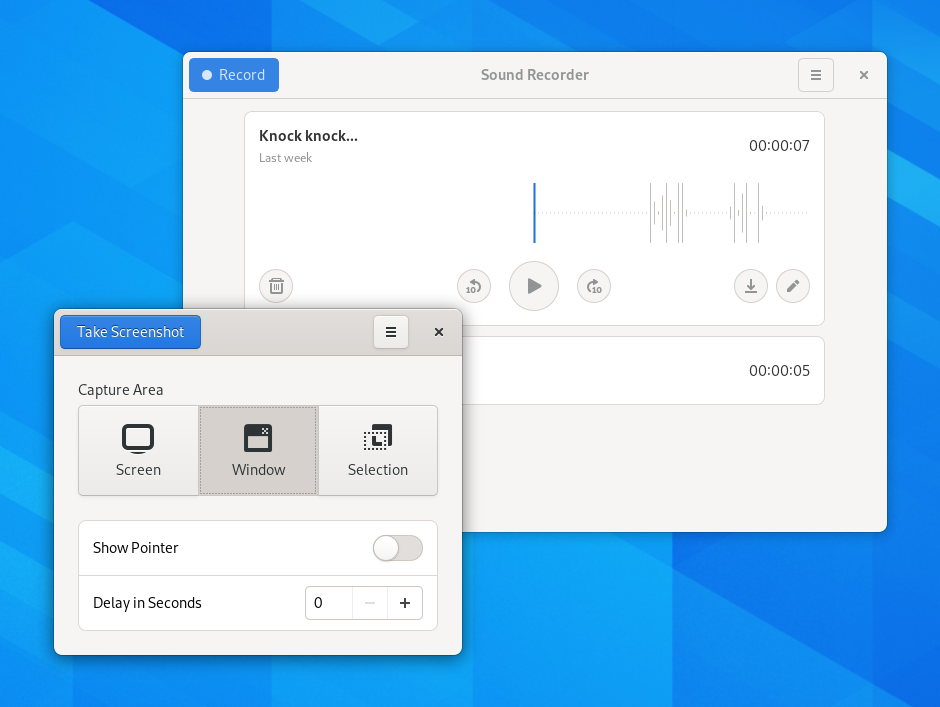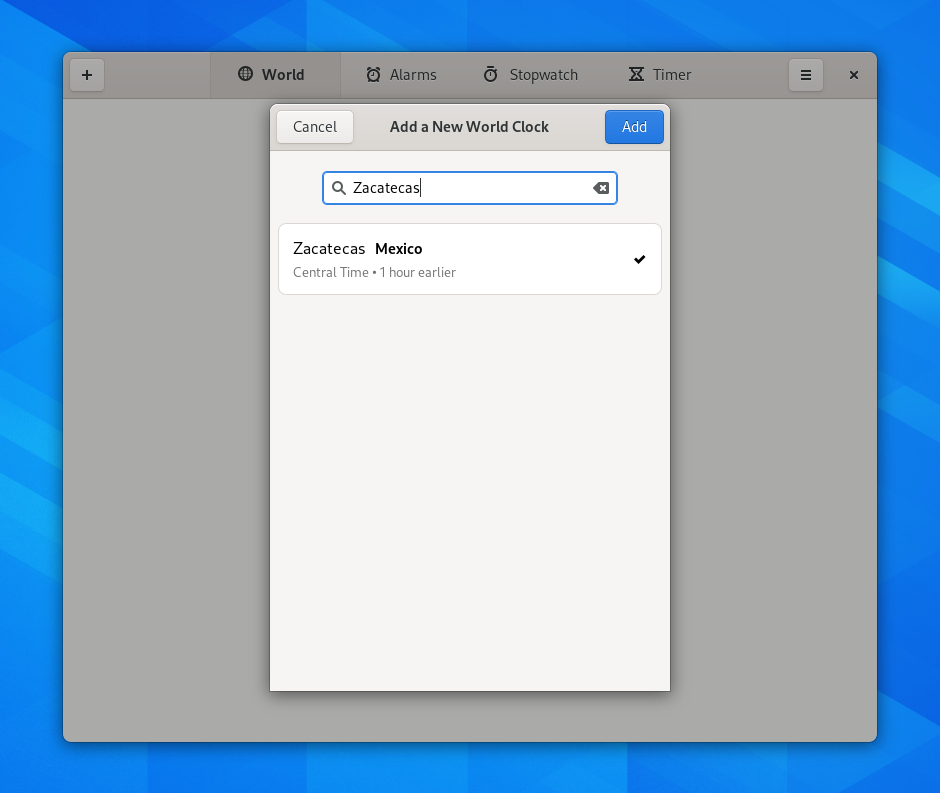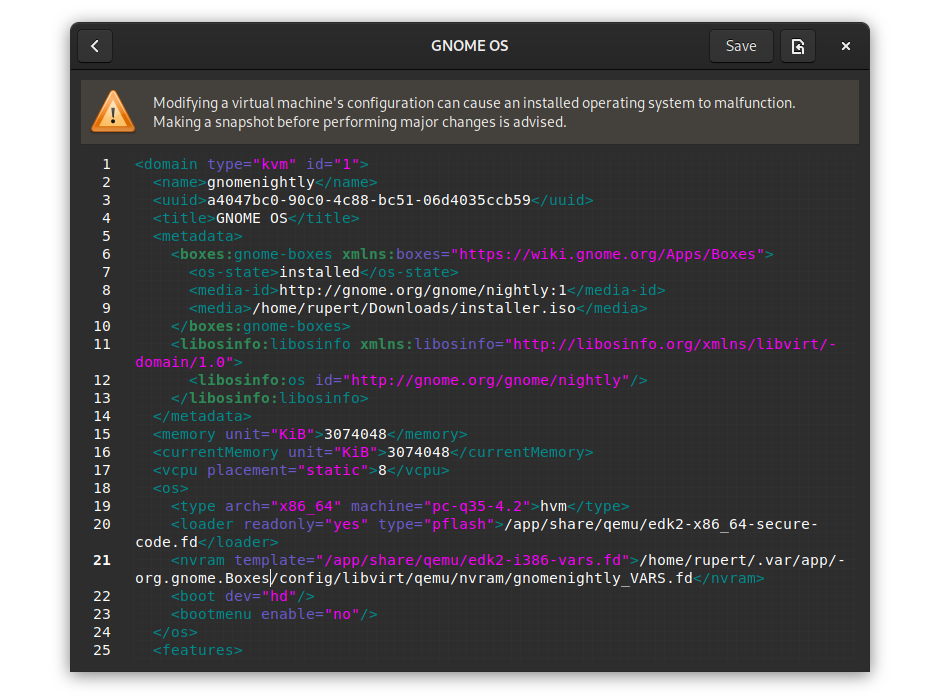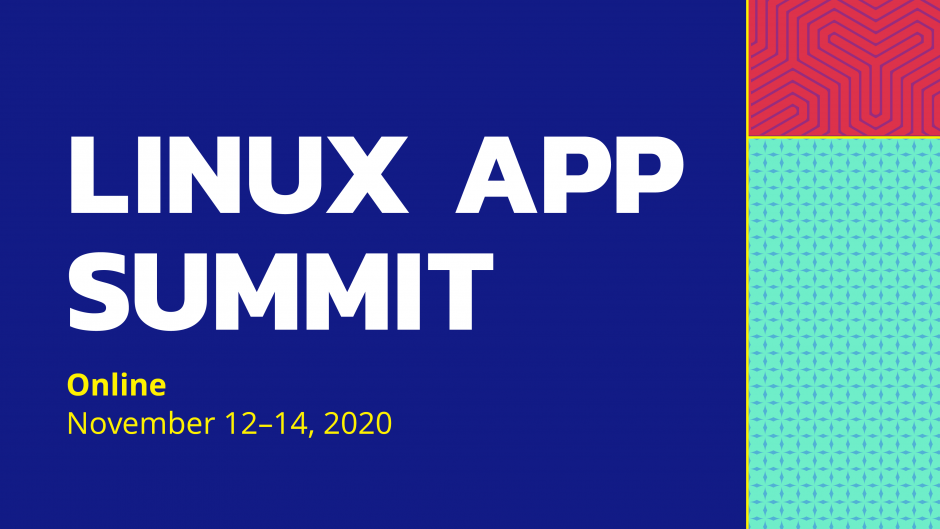
Today the GNOME project is officially launching a new initiative, called GNOME Circle. Circle aims to broaden the range of partner initiatives that GNOME supports and has a relationship with.
In the past, to be a part of the GNOME project, development projects needed to be hosted on GNOME infrastructure and follow GNOME’s development rules. This created a barrier to entry for many developers who were focused on their own personal projects.
GNOME Circle aims to change that, by lowering barriers and building relationships with developers who are doing great things with the GNOME platform. To become members, projects must simply be open source software and use the GNOME platform. Both applications and development libraries can apply. Projects don’t need to be hosted on GNOME infrastructure, nor do they need to follow GNOME’s release schedule.
Circle projects will be eligible for a range of benefits, including promotion and GNOME Foundation membership, which gives access to travel and marketing funding and services including an @gnome.org email address, blog hosting, video conferencing, and a gnome.org Nextcloud account. Even more benefits are planned for the future.
Commenting on the initiative, GNOME Foundation Executive Director Neil McGovern said “Independent developers do fantastic work using the GNOME platform, and I’m thrilled that the GNOME Foundation is going to be supporting more of them than ever before. With GNOME Circle, we’re excited to be growing the GNOME community and building a stronger and more vibrant developer ecosystem.”
More information and details about existing GNOME Circle projects can be found on the initiative homepage. Developers who are interested in applying are encouraged to fill out the simple application form.
